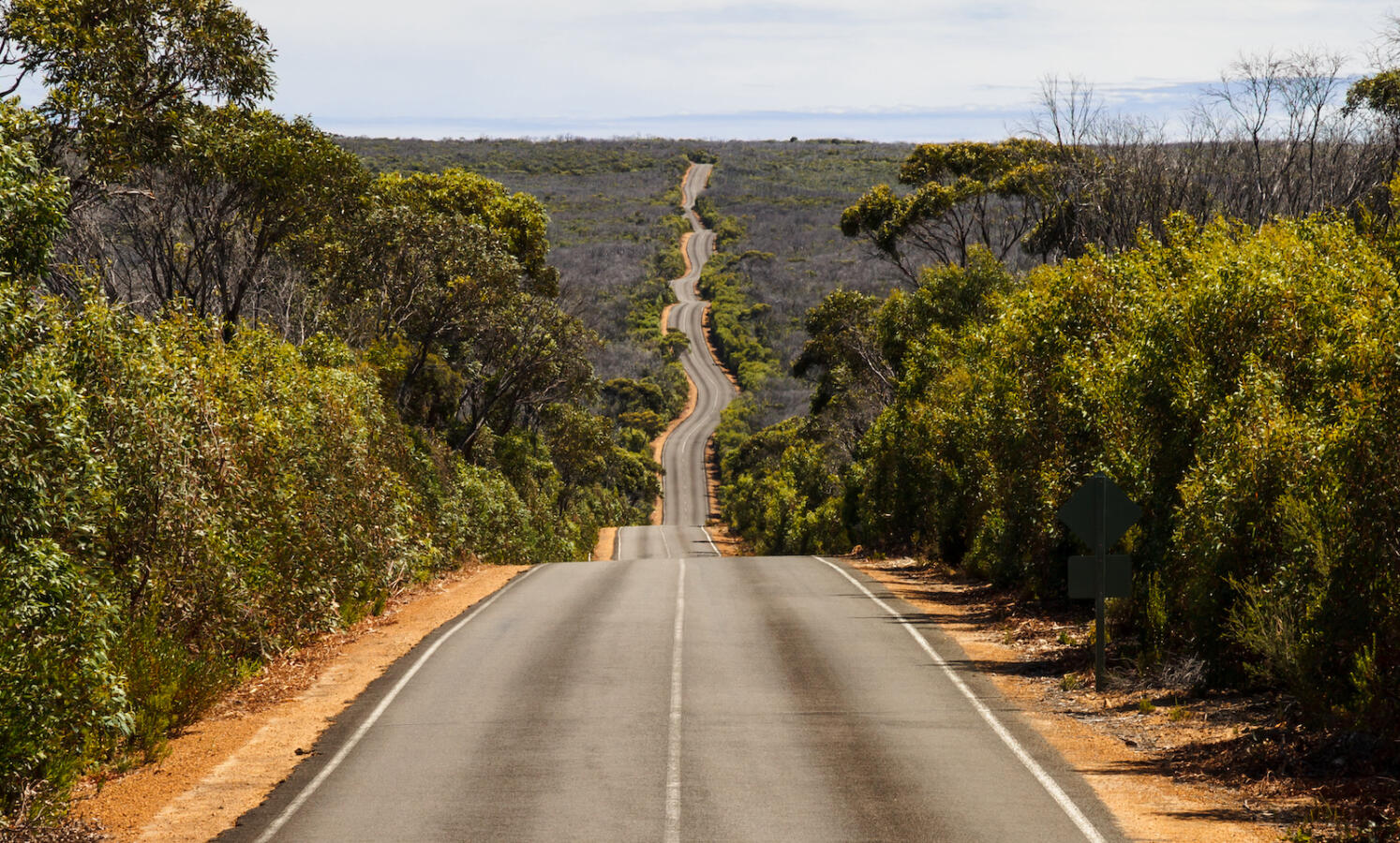Headlines have of late been filled with stories of summertime travel woes, of people delayed for days and stranded in airports as they await flights to carry them to their destinations. On my own travels last week, I waited to check into a hotel for 40 minutes at 10:30 at night because the line was filled with people who had failed to make their connections. The hotel restaurant manager took pity on us, walking up and down the line taking orders to have food ready for us once we checked in.
One family reached their breaking point. They had been up since 2:00 AM, traveling for two days, bouncing from city to city, eating fast food the whole time. They would NOT have another terrible meal. They registered their complaint with us, but what could anyone do? Many of us were in the same boat and no one could offer any relief.
This family’s experience seems similar to that of the Israelites in this week’s Torah portion. They too are frustrated, as we read in Numbers 21:4-5:
And [the Israelites] journeyed from Mount Hor by the way to the Sea of Reeds, to circumvent the land of Edom, and the soul of the people became impatient because of the journey. And the people spoke against God, and against Moses: Why have you brought us up out of Egypt to die in the wilderness?! There is no bread! There is no water! And our soul can no longer bear this light bread!
We can have compassion for the Israelites this week. In addition to their food situation, they have also had to backtrack in their journey by traveling back toward the Sea of Reeds, the body of water they originally crossed on their way out of Egypt. Like the family in the hotel line, they register their complaint. But not only does their situation not improve, it gets worse. In the verse that follows, they encounter biting snakes that cause several Israelites to die.
With your help, My Jewish Learning can provide endless opportunities for learning, connection and discovery.
The commentators teach that the Israelites had to go back toward the Sea of Reeds because the king of Edom would not let them through his land, yet another obstacle on their journey. When we encounter obstacles, especially when we are already in distress, we often want to run backwards to the comfort of what feels familiar and secure. The Israelites’ constant refrain of, “If we had known the journey would be like this, we would have stayed in Egypt!” shows that they too struggled with this temptation. Yet it’s precisely at these moments of intense frustration that we have to keep moving forward.
Rabbi Menachem Mendel Schneerson, the final leader of the Chabad hasidic movement, offers the following to help us reframe obstacles we encounter along the way:
You must know that you are in this world on a divine mission. That all that exists and ever existed depends upon your fulfillment of that mission. And that if any mountain should stand in your way, or any ocean block your path, or any quagmire detain you from reaching your goal — know that you are on a mission from the Creator of heaven and earth. And if so, it is absurd that any of His creations should stand in the way of the mission for which He has created you. It could only be that these are not obstacles. Rather, they are a vital element of your mission, designed to lift you higher, and yet higher.
I wonder if the Holy One took the Israelites on this particular route back toward the Sea of Reeds precisely to cause them to recall their experiences in Egypt and at the sea. The Israelites chose to recall the “glory” of Egypt, rejecting the reality of the present moment for the idealized past. But looking backward could have been an empowering moment for the Israelites, an opportunity to pause and recognize their miraculous escape from daily dehumanization and to have hearts of gratitude for the sustenance keeping them along the way.
That may have been too much to expect from the Israelites, but it is not too much for those of us who live lives of relative security. Rabbi Schneerson reminds us that, like the Israelites marching toward the promised land, we are all on a journey much greater than we know. Setbacks happen, the path may change, but the ultimate mission remains the same. The obstacles become a part of the greater journey.
To have such faith can be a challenge, especially because we have no real sense of where we are going or when we will get there (especially if we find ourselves in an airport these days). The best we can do in the face of uncertainty is to pause and turn our hearts toward gratitude. While it’s important to recognize and honor our feelings, especially in light of a major disappointment, a heart weighed down by self pity and anger cannot withstand obstacles — or respond wisely to them. But a grateful heart can soar. Recognizing that our challenges are part of the greater journey of life can keep us from swirling, like the Israelites, into a place of even greater challenge.
This article initially appeared in My Jewish Learning’s Shabbat newsletter Recharge on July 9, 2022. To sign up to receive Recharge each week in your inbox, click here.



